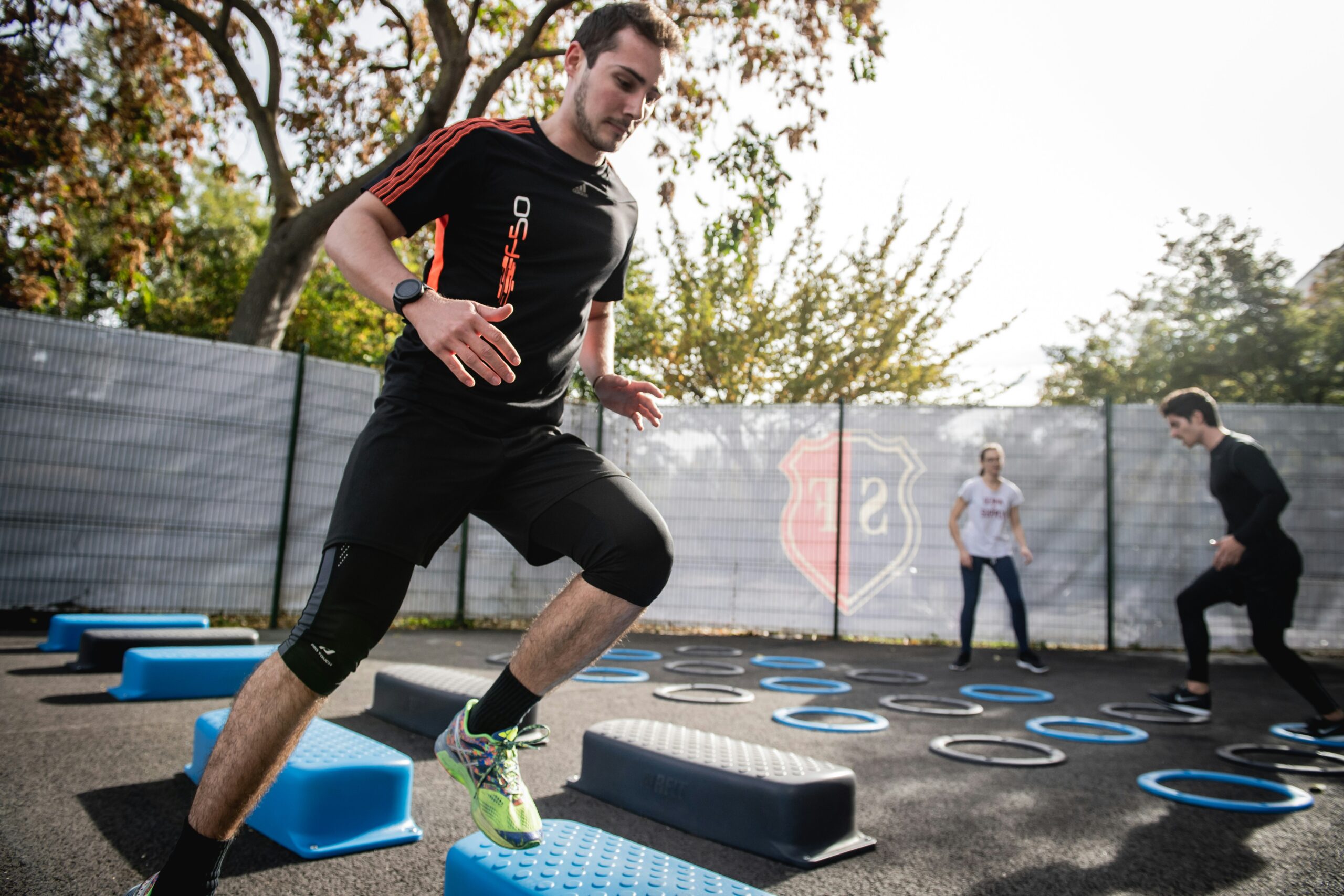Innovative Approaches to Sports Coaching
Sports coaching has evolved significantly over the years, moving beyond traditional methods to embrace innovative approaches that enhance performance, skill development, and overall athlete well-being. This article explores several cutting-edge strategies that are revolutionizing the field of sports coaching.
1. Data-Driven Coaching
One of the most significant advancements in sports coaching is the use of data analytics to inform decision-making. Coaches now have access to vast amounts of data collected through sensors, wearables, and performance tracking technologies. This data helps in:
- Evaluating individual and team performance metrics
- Identifying areas for improvement
- Developing personalized training programs
For example, in basketball, coaches use player tracking systems like SportVU to analyze movement patterns, shot efficiency, and defensive strategies.
2. Psychology and Mental Skills Training
Understanding the psychological aspects of sports performance is another crucial innovation in coaching. Sports psychologists work closely with coaches to:
- Enhance mental toughness and resilience
- Manage stress and anxiety
- Improve focus and concentration
For instance, the Seattle Seahawks coach Pete Carroll integrates mindfulness and visualization techniques into training to optimize player performance under pressure.
3. Technology Integration
Technology continues to play a pivotal role in sports coaching, from virtual reality (VR) simulations to augmented reality (AR) applications. Coaches utilize:
- VR for immersive training experiences
- AR for real-time feedback during practice sessions
- Video analysis software for in-depth performance reviews
Teams like FC Barcelona use VR to simulate match scenarios and allow players to make decisions in a controlled environment.
4. Holistic Athlete Development
Modern coaching emphasizes holistic athlete development, focusing not only on physical skills but also on nutrition, sleep, and recovery strategies. Coaches collaborate with:
- Nutritionists to optimize diet plans
- Physiotherapists for injury prevention and rehabilitation
- Recovery specialists for post-training and post-match routines
Case in point, the England Rugby team incorporates sleep monitoring and tailored recovery protocols to maximize player readiness.
5. Adaptive Coaching Styles
Effective coaches now adopt adaptive coaching styles that cater to individual learning preferences and personalities. They:
- Use motivational interviewing techniques to understand athlete motivations
- Employ a blend of directive and facilitative approaches as per situational demands
- Encourage open communication and feedback loops
For example, Serena Williams tennis coach Patrick Mouratoglou customizes training sessions based on her performance analytics and emotional state.
Conclusion
The landscape of sports coaching is continually evolving, driven by advancements in technology, psychology, and a deeper understanding of athlete physiology. By embracing these innovative approaches, coaches can foster a culture of continuous improvement and empower athletes to achieve peak performance.
As the sporting world progresses, integrating these strategies will be crucial for staying competitive and nurturing the next generation of sports stars.




